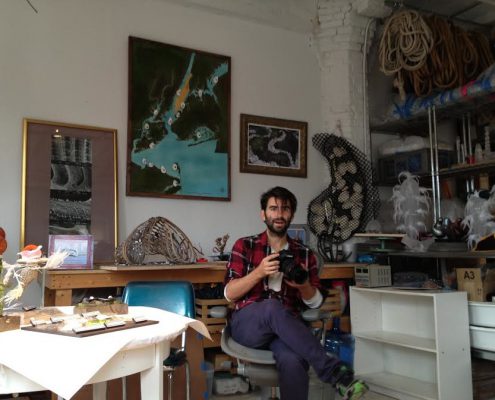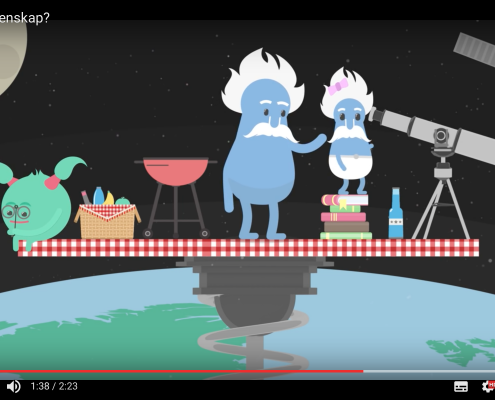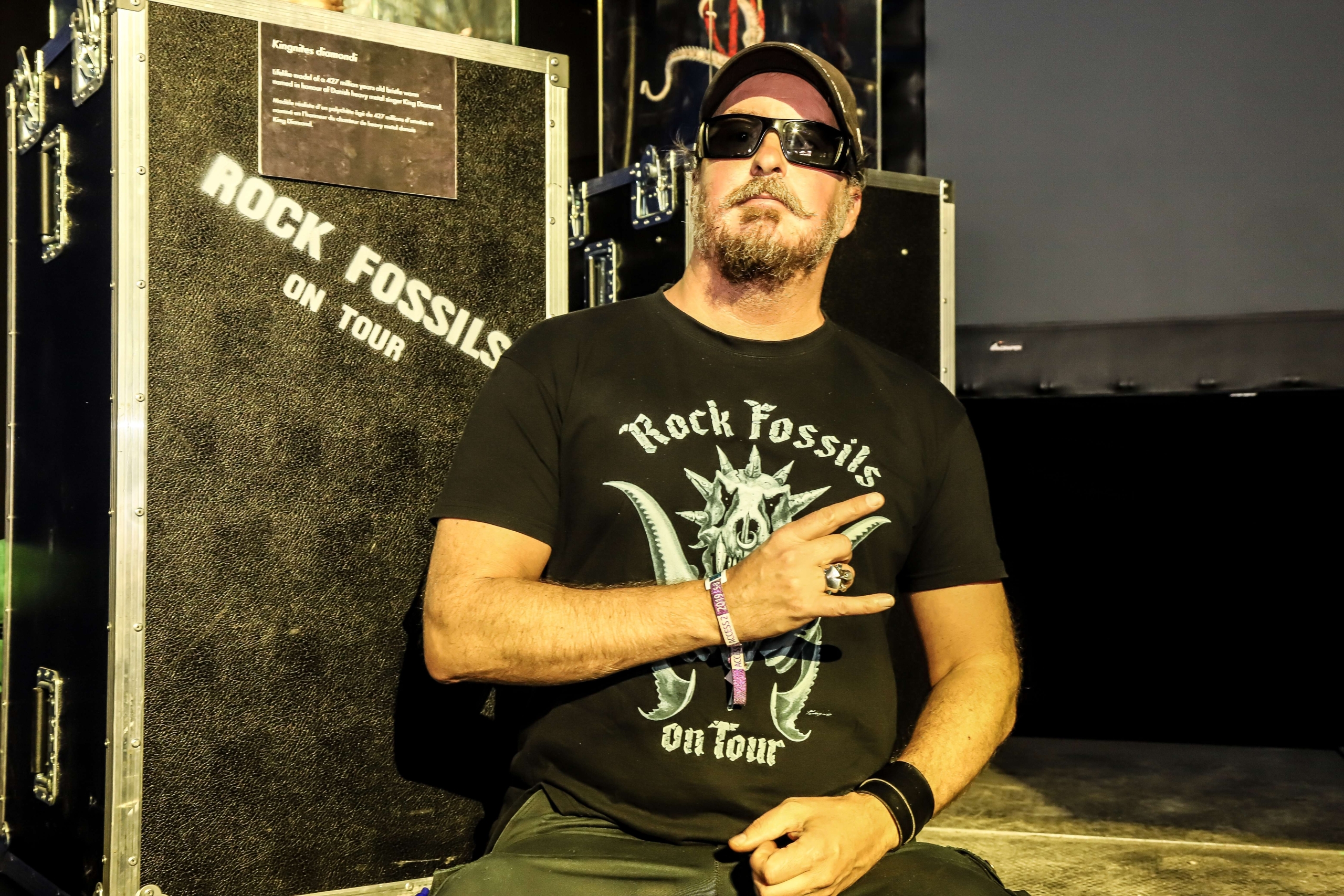Crastina is a platform for the exchange of experience, knowledge and inspiration regarding both scientific peer-to-peer communication and science dissemination
- What? An international network of (mostly young) people who love to communicate science & tech.
- Why? We think science needs to be communicated with more passion and professionalism.
- Where? On our website with interviews & resources + on social media + on Skype and IRL.
- Who? A content group (the Crew), a think tank (the Academy), + lots of friends & contacts.
- When? Right now – as a matter of fact, we’ve just geared up.

Web videos in science and research communications
In May, a special science communication session was held at the Annual STS Conference in Graz, Austria, to “study the potentials and problems of web videos in science communication”. Special interest was aimed the impact of such videos…

Innovation, imagination, and narrative: Science new wave cinema
The upcoming ImagineScience Film Festival is held across New York City between October 14 and 21. Here, the founder Alexis Gambis describes the story behind it to Crastina’s Julia Turan, and explains the challenges of portraying science…

Swedish Public & Science organisation launches animation project
Recently, the Swedish organisation Vetenskap & Allmänhet (‘Public & Science’) launched an animation project where they want to reach out to children and youngsters. The first video has the title What is Science? (“Vad är vetenskap?”)…


















